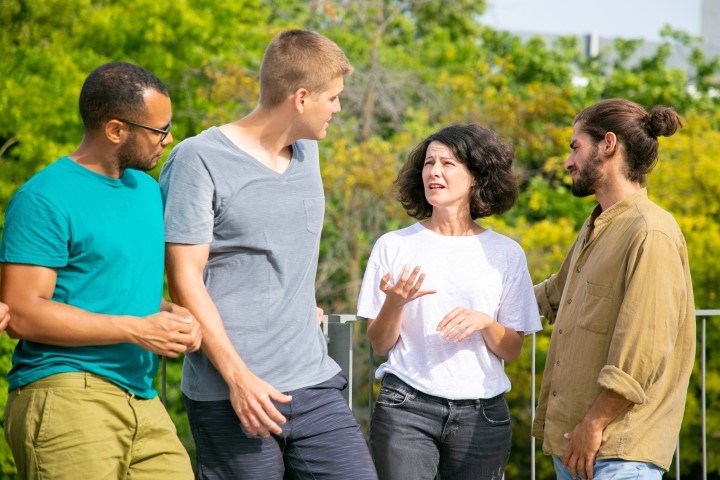Making environmental knowledge usable in a pluralism of expertise

In recent years, the view on environmental expertise has become more pluralistic to not only include scientific knowledge, but by also focusing on indigenous and local knowledge. While this transdisciplinarity is important when facing climate issues, having a multitude of views can also severely slow down the process of managing and presenting relevant environmental knowledge to policy makers and decision takers. How do expert organizations navigate these issues that paralyse the process of producing policy advice?
James White and Rolf Lidskog, both affiliated with CESSS, investigated this by interviewing 25 experts at the Intergovernmental Science-Policy Platform on Biodiversity and Ecosystem Services (IPBES). IPBES is a world-leader organization that produces environmental policy advice and in which pluralism is integral to their approach to knowledge. White and Lidskog found that IPBES has several innovative ways to integrate indigenous and local knowledge with scientific expertise, and they present three major approaches, or “logics”, representing different ways that IPBES experts may tackle issues that slow down the conversion of knowledge to policy advice.
First, the integrationist logic seeks to bring all forms of knowledge together into a unified framework, to form a greater understanding and to determine the correct course of action. Second, the parallelist logic holds that knowledge is tied to the social setting in which it was procured, emphasizing the need to identify connections and build bridges between knowledges. Third, the pragmatist logic holds that what counts as expert knowledge depends on the circumstances and strives to apply knowledge that is most practical for a given situation, thereby avoiding paralysis by prioritizing practicality over ontology.
Rather that favoring a single approach, White and Lidskog explain how the three logics can be deployed in incomplete and blended ways to navigate the various paralyses of the work process. In this sense, these logics provide experts at IPBES and beyond with a map to navigate the various paralyses of the work process, so that they can effectively make environmental knowledge usable for policy makers.
Reference
White, J., & Lidskog, R. (2022). Pluralism, paralysis, practice: Making environmental knowledge usable. Ecosystems and People, 19(1), 2160822. Read the full article here.
Image by pch.vector on Freepik
